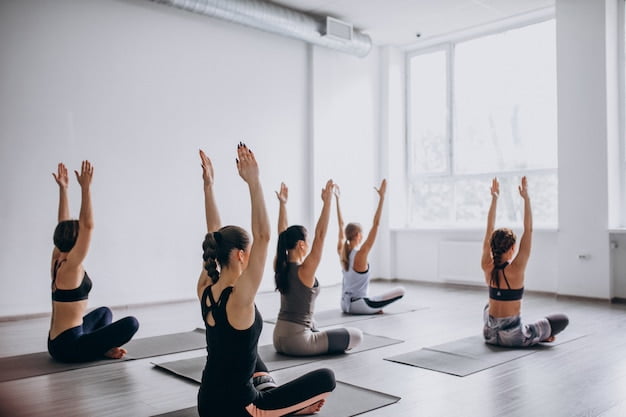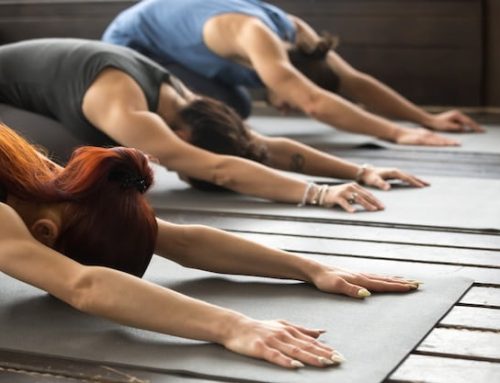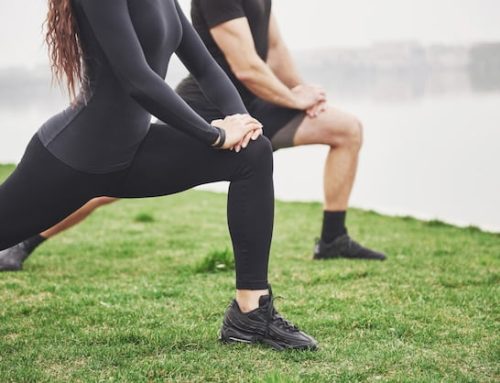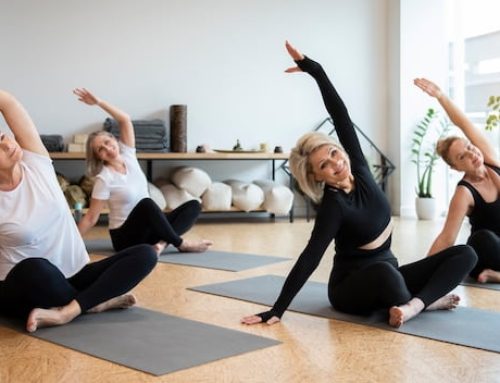Why is my body so tight and stiff?
Stretching is an essential part of any fitness routine. It can improve flexibility, increase range of motion, and reduce the risk of injury. However, many people find that they are still tight and stiff, even after stretching regularly. In this blog article, we will explore the reasons why your body might be tight and stiff and provide tips on how to overcome these issues.
Lack of mobility
One of the most common reasons why people experience stiffness is due to a lack of mobility. Mobility refers to the ability to move your body through different ranges of motion. If you lead a sedentary lifestyle, sitting at a desk or in a car for prolonged periods, your body may become stiff and inflexible. This happens due to the shortened and tightened muscles that develop when you don’t move your joints enough.
The best way to combat this issue is to incorporate more movement into your daily routine. This could be as simple as taking a walk during your lunch break, doing some stretches throughout the day, or incorporating mobility exercises into your workouts. For example, doing shoulder circles, hip openers, and spinal twists can help improve your mobility and reduce stiffness.
Muscle imbalances
Muscle imbalances can also cause stiffness in the body. This happens when certain muscles become stronger than others, leading to an uneven distribution of tension in the body. For example, if you have tight hip flexors from sitting all day, your glutes and hamstrings may become weakened. This can lead to lower back pain and stiffness.
To prevent muscle imbalances, it’s important to work on all muscle groups evenly. You can do this by incorporating a variety of exercises into your routine and working on proper form. If you’re not sure how to do this, consider working with a personal trainer who can help you develop a balanced workout plan.
Inadequate nutrition
Believe it or not, your diet can also play a role in your body’s flexibility. If you’re not getting enough nutrients, your body may struggle to repair and maintain your muscles. This can lead to increased stiffness and soreness after exercise.
To ensure your diet is supporting your body’s flexibility, focus on eating a variety of nutrient-dense foods. This includes fruits, vegetables, lean proteins, and healthy fats. You may also want to consider taking supplements such as magnesium, which can help with muscle relaxation and recovery.
Dehydration
Dehydration can also cause stiffness in the body. When you don’t drink enough water, your muscles may become dehydrated, leading to increased tension and stiffness.
To prevent dehydration, aim to drink at least 8 cups of water per day, and more if you’re exercising or in a hot environment. You can also eat foods that are high in water content, such as cucumbers and watermelon, to help keep your body hydrated.
Lack of sleep
Sleep is essential for muscle recovery and repair. When you don’t get enough sleep, your body may struggle to repair and maintain your muscles, leading to stiffness and soreness.
To improve your sleep quality, aim for 7-9 hours of sleep per night, and establish a consistent sleep routine. This means going to bed and waking up at the same time each day, avoiding caffeine and electronics before bed, and creating a relaxing sleep environment.
Stress
Stress can also cause stiffness in the body. When you’re under stress, your body produces cortisol, a hormone that can lead to increased muscle tension and stiffness.
To reduce stress, try incorporating relaxation techniques into your routine. This could include yoga, meditation, or deep breathing exercises. You may also want to consider talking to a therapist or counselor if you’re dealing with chronic stress or anxiety.
Conclusion
In conclusion, there are many reasons why your body might be tight and stiff. However, by incorporating regular movement and exercise, maintaining a balanced diet and hydration, getting enough sleep, and managing stress, you can improve your flexibility and reduce stiffness. Remember to listen to your body and make adjustments as necessary to prevent injury and ensure optimal health.






